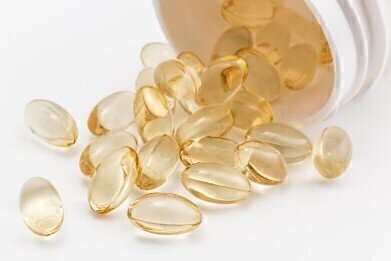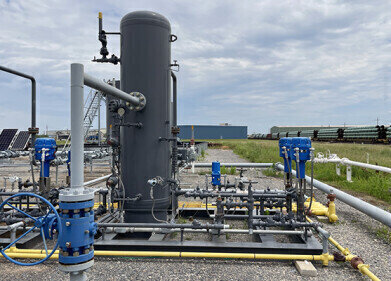Air Clean Up
Can You Protect Yourself Against Air Pollution?
May 20 2019
Obviously, avoiding air pollution altogether is the recommended course of action when it comes to looking after your own health, and improving air quality and reducing transport-related pollution would be the ideal way to achieve this outcome. However, in the imperfect world in which we live, urban air pollution is a necessary evil for many people, sparking fears about how regular exposure to high levels of contaminants such as particular matter 2.5 (PM2.5) might affect their health.
Thankfully, there may be good news on the horizon. A recent study from China has suggested that taking fish oil supplements may help protect the body against the more adverse effects of PM2.5 pollution. Whilst obviously they are not a panacea against all the ills of air pollution, the study shows that the supplements could at least have some short-term cardiovascular benefits amongst those most at risk of prolonged PM2.5 inhalation.
Stable biomarkers
The study’s authors concentrated on a group of 65 college students from Shanghai, China. Half of the group were given a 2.5g supplement of omega-3 fatty acids, derived mainly from fish oils, while the other half were issued with a placebo over a six-month period. The students also underwent four rounds of health examinations in the final two months of the study to ascertain information about their vital biomarkers and how they were affected by both the PM2.5 and the drug.
The average concentration of PM2.5 on the college campus was 38µg/m3 throughout the study. Those students who took the fish oil supplement showed remarkably stable biomarkers even when PM2.5 levels began to spike in comparison to those who took the placebo. These positive biomarkers included things such as blood coagulation, systemic inflammation, system oxidative stress, neuroendocrine stress hormones and endothelial function, among others.
“In areas with relatively heavy air pollution, supplementation with omega-3 fatty acids may represent a simple and effective way to protect cardiovascular health against hazardous exposure to ambient PM2.5,” explained Zhijing Lin, lead author on the study. “This protective effect is biologically plausible, given that DHA and EPA directly reduce generation of reactive oxygen species through alteration of mitochondrial reactive oxygen species and nicotinamide adenine dinucleotide phosphate-oxidase activity.”
Other causes for optimism
It’s not the first time that scientific studies have lent credence to the theory that taking medication or supplements can ward off the most damaging effects of air pollution. Two years ago, a study from the Harvard School of Public Health suggested that taking high dosages of vitamin B could offset the most serious impact of exposure to poor air quality, with PM2.5 once again the target.
After taking the supplement for four weeks straight, the group of 10 subjects showed between 28% and 76% improved resistance to PM2.5, at both several different genetic locations and at the mitochondrial level. While the study’s authors were quick to point out that the small sample size and high dosage of vitamin B made it inconclusive in its results, they did stress that it was a step in the right direction in terms of medicating against air pollution.
Events
Apr 18 2024 Shanghai, China
Apr 22 2024 Hannover, Germany
Apr 23 2024 Kuala Lumpur, Malaysia
Apr 24 2024 Sao Paulo, Brasil
May 05 2024 Seville, Spain














